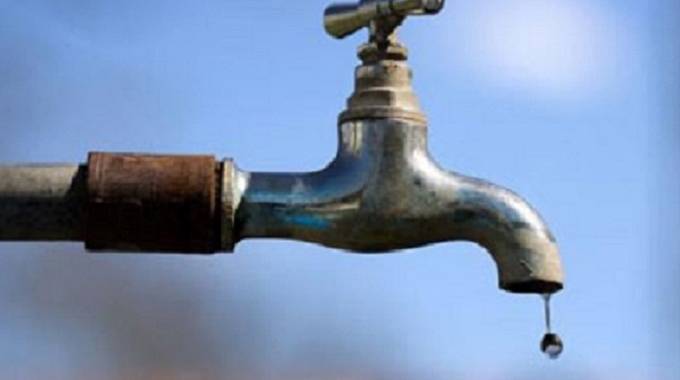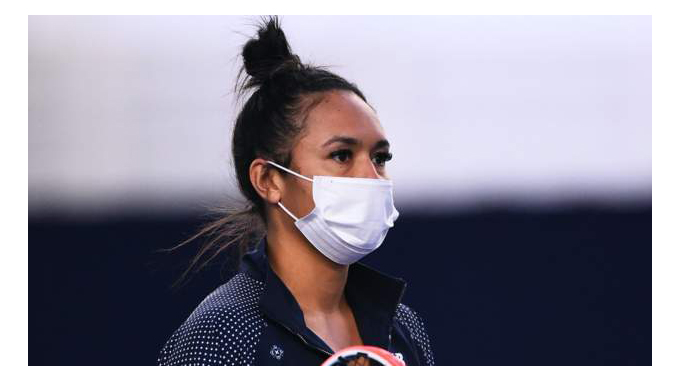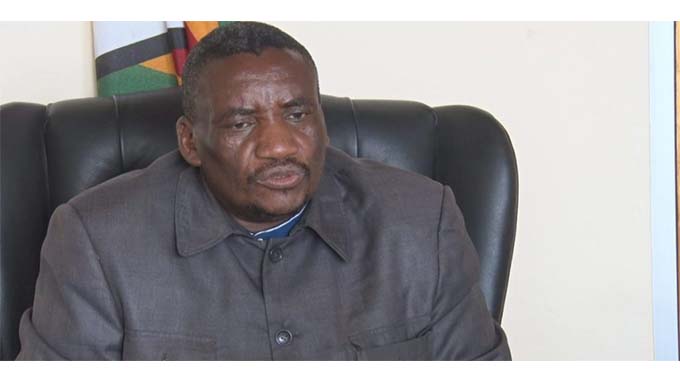Human rights body lobbies for access to water

Thandeka Moyo-Ndlovu, Chronicle Reporter
THE Matabeleland Institute for Human Rights (MIHR) has bemoaned the lack of access to water for informal settlement residents in Bulawayo saying it poses a serious health threat amid the raging Covid-19 which has killed 976 in Zimbabwe.
Bulawayo has three informal settlements — Ngozi Mine, Trenance Settlement and the Killarney Squatter Camps whose residents in the past have written to the council pleading for water assistance.
With Covid-19 new cases on the rise following the second variant, the residents are at risk of contracting the deadly virus as they cannot practise the highly recommend hand hygiene.
The slums have an estimated 360 households which average a population of 2 200 people.
Bulawayo has been facing an acute water shortage since 2019 which has seen residents in some suburbs going for up to 144 hours without running water.
MIHR assisted the Ngozi Mine slum residents to petition the Bulawayo City Council on access to water in 2020 and the petition was signed by over 160 residents.
The petition was presented to the ward councillor who later advised that the local authority said it does not recognise the Ngozi Mine slum dwellers as existing Bulawayo residents thus could not meet their demands of providing them with water rights.
MIHR co-ordinator Mr Khumbulani Maphosa said council and the Government must work on the matter as that was a violation of their human rights despite the fact that they were living in illegal settlements.
“It can be concluded that Zimbabwe has been recording an escalating figure of Covid-19 cases at a time when Bulawayo is facing water shortage problems. Furthermore, the country is having a progressive local and international legal environment that guarantees the right to clean, safe potable water and also prohibit discrimination (including of slum residents),” said Mr Maphosa.
“Access to clean water is critical during this Covid-19 period as water is one of the essential ingredients to combat the spread of the coronavirus through regular hand washing with clean running water and good hygiene. While there is reality of the existence of slum residents in Bulawayo, the Ngozi Mine experience proves that the local authority has negative attitudes towards slum settlers and has taken the stance that they do not recognise them,” he said.
Mr Maphosa also said the country had a duty to implement provisions of the Sustainable Development Goals (SDGs) and the New Urban Agenda which emphasises the need to protect and promote the rights of slum communities.
“Specifically, SDG 11 Target 11.1 states that by 2030 countries including Zimbabwe must ensure access for all to adequate, safe and affordable housing and basic services and upgrade slums,” he said.
“Local authorities should provide access to clean, safe and potable water to slum residents as this is a fundamental right enshrined in the Constitution of Zimbabwe and such a provision is a reasonable service of the authorities.
Water provision is also essential for curbing and managing the spread of such pandemic diseases as Covid-19, cholera and diarrhoea.”-@thamamoe










Comments